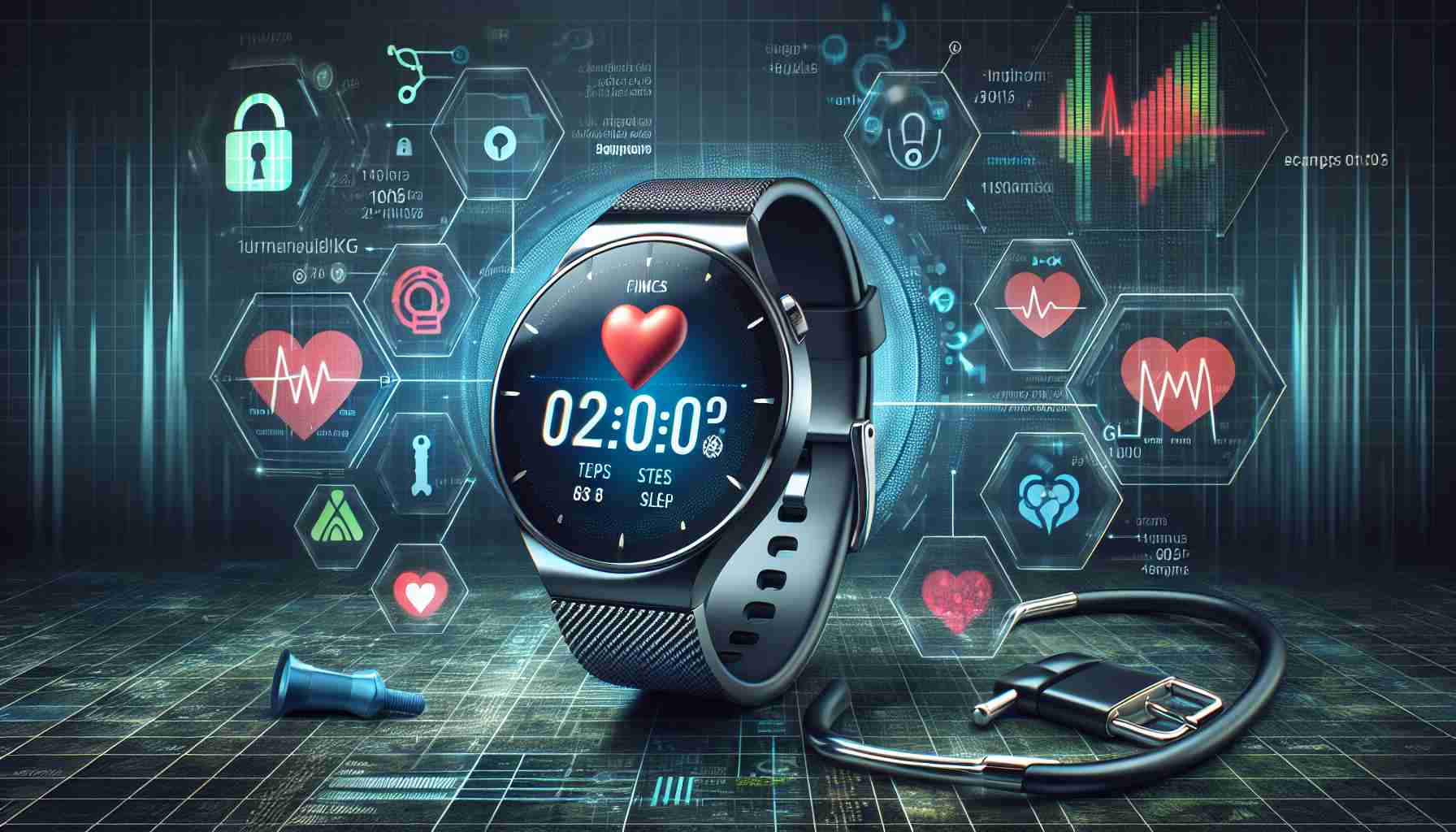In a world where information sharing is omnipresent, Garmin’s push into advanced biometric technology raises intriguing benefits and ethical dilemmas. The integration of sophisticated sensors in their Forerunner series revolutionizes personal fitness tracking, but what are the broader implications for society?
Benefits Beyond the Athlete: Garmin’s innovations extend beyond benefiting just athletes. These devices hold promise for enhancing everyday health monitoring for individuals managing chronic conditions, such as heart disease or asthma. By delivering precise real-time health metrics, users can become more proactive in managing their health. Communities could potentially see a decrease in emergency medical episodes as people gain the ability to monitor critical health signs and adjust lifestyles accordingly.
Privacy Concerns and Data Security: However, with great data comes great responsibility. The collection and storage of sensitive biometric data raise legitimate privacy concerns. How securely is this information stored? Who has access to it? Reports of data breaches have left many questioning whether the conveniences of modern technology outweigh potential invasions of privacy. As fitness tech becomes more prevalent, there will be increasing pressure on companies to uphold stringent data protection standards.
Social Divide and Accessibility: Furthermore, the high-tech features of these premium devices may carve a social divide. While some benefit immensely, others might find themselves excluded due to cost barriers. This can widen the gap between those who can afford cutting-edge health monitoring and those left relying on less comprehensive tools.
As technology evolves, the question remains: Will society embrace the full potential of fitness technology or resist due to privacy implications? Only time will tell how these issues unfold in shaping the future of personal health management.
Innovative Biometric Tech: Revolution or Risk?
The rapid advancement of Garmin’s biometric technology, particularly within their Forerunner series, provides a glimpse into a future where personal health management is more accessible yet raises fresh debates around societal impacts and technological progression.
The Future of Preventive Healthcare: One untapped potential of biometric technologies is their capacity to predict health trends on a macro scale. By anonymizing and aggregating health data, healthcare providers could create more predictive models for disease outbreaks or chronic illness management. Could this pave the way for more proactive healthcare policies and initiatives? Such advancements might even transform how governments allocate resources to prevent health crises.
Ethical Considerations Beyond Privacy: The ethical implications extend past privacy alone. Discussions around biometric technology often omit concerns about consent and the potential misuse of data. Are consumers fully aware of how their data might be used? Companies will likely face increased scrutiny to ensure transparency and fairness in how they harness biometric information.
Expanding Utility Beyond Fitness: Interestingly, the utility of these devices is expected not only to penetrate healthcare but other sectors as well. Could law enforcement use biometric data to solve crimes, or schools employ it to monitor student wellbeing? While this seems beneficial, the broader implications of such usage could bring forth new controversies, especially concerning surveillance and autonomy.
As Garmin and others continue to innovate, the interplay between technology, ethics, and accessibility remains central. Will society catch up with technological advances, or could these changes leave more questions unanswered? This dynamic landscape invites us to consider both the promise and perils of integrating cutting-edge technology into daily life.







